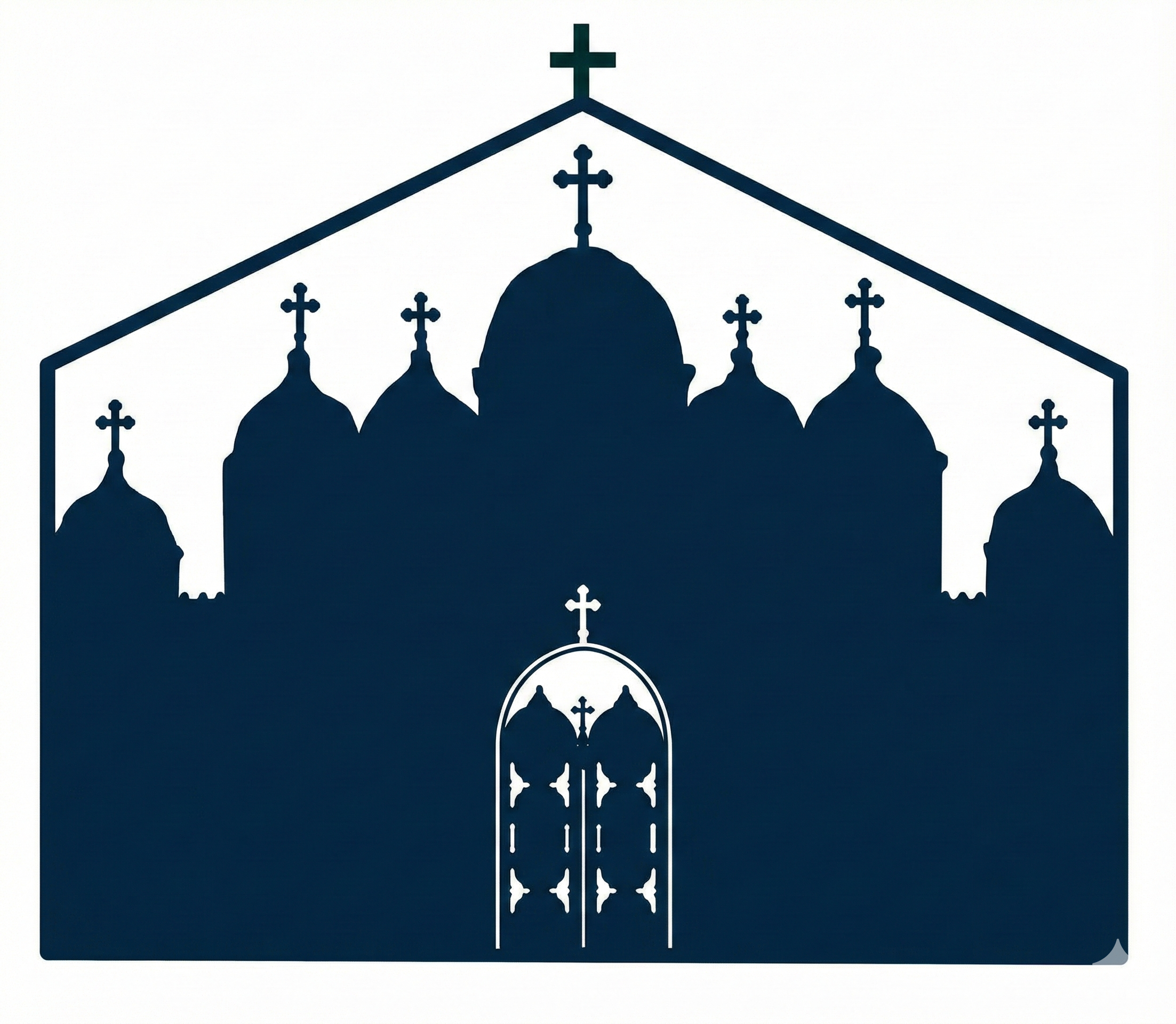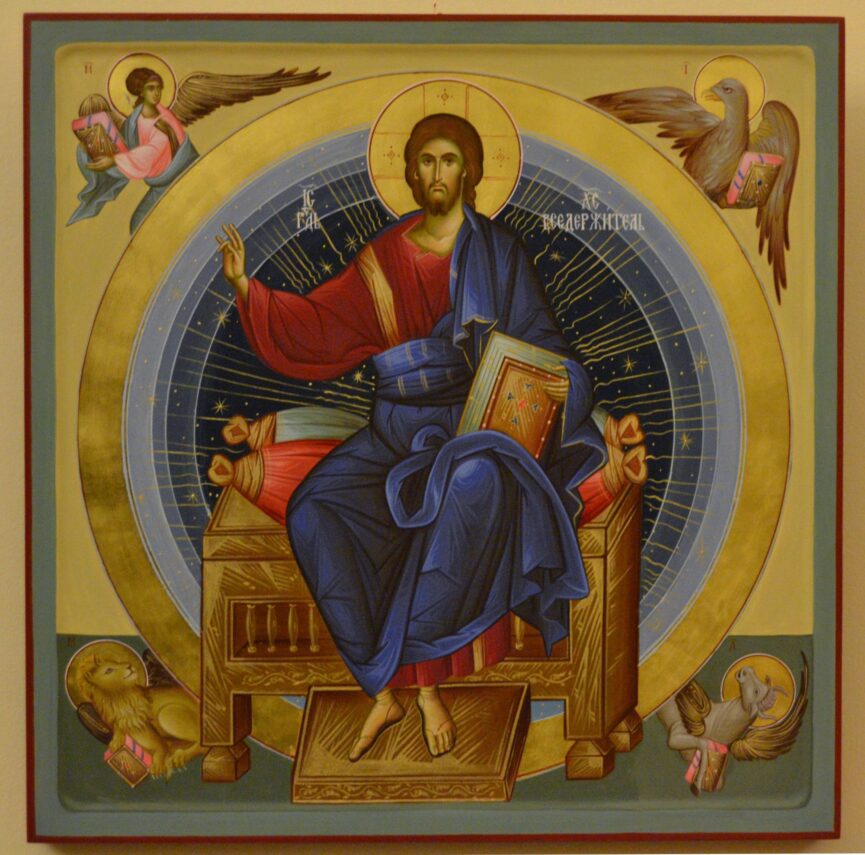Matthew 18:23-35,
August 24, 2025, Osaka Church
In the Name of the Father, and the Son, and the Holy Spirit
Today’s Gospel is a parable by Jesus.
A servant, whose enormous debt was forgiven by the king, encountered a fellow servant who had lent him a small amount of money. He demanded repayment and strangled the servant. Hearing this, the king became enraged and threw the servant into prison, saying, “You should have had mercy on your fellow servant, as I had mercy on you.”
Jesus concludes the parable with these words:
“So will my heavenly Father do to you, if you do not forgive your brothers from your hearts.”
This is an easy-to-understand parable. The king is God, and the enormous debt we owe to him represents our great and deep sins against God, which we will never be able to repay. The Lord’s commandment teaches us, “God not only has mercy on us and does not punish us, but also forgives us without limit… If we know the magnitude of God’s love, there is no way we cannot forgive one another. If we still do not forgive, God will surely consign us to hell.” But can we be satisfied with such an interpretation?
I just said, “If you still do not forgive.” What if we know God’s love and still cannot forgive one another? But is it an “if”? Isn’t that our reality? Our sins, which God has forgiven but are so great and deep that they cannot be atoned for, are precisely the reason why we cannot truly forgive one another even if we believe in God’s forgiveness, know God’s love, and are forgiven by God. And isn’t God’s boundless forgiveness precisely because He has compassion on this sad reality of humanity and forgives us? …But if God forgives us without limit if we “repent and ask for forgiveness,” that is by no means unconditional forgiveness. If we do not repent, if we are “not forgiven,” if we are “condemned to hell,” or, as in today’s Gospel, if we are “thrown into prison,” then that is not the unconditional love and unconditional forgiveness that “makes his sun rise on both the evil and the good and sends rain on both the just and the unjust.” It is a difficult problem. A very difficult problem.
But I can say this much: God loves us. His love extends to all, without exception. He does not want any of us to perish. If that is the case…the “prison” to which the merciless servant who did not forgive his fellow servant is put means that he himself is bound and unable to escape the suffering that his very mercilessness brought upon himself. It is not God who imprisons him there. Everyone knows how painful it is to be unable to forgive and not forgive, to be unable to love and not love. To truly know that God loves and forgives even us, even as we are, would be an indescribable pain that is the exact opposite of joy. There is nothing more unbearable than that pain. We will cry out, “It would be so much easier if you just threw me into a hell as it matches my sinfulness. Why don’t you do that? Stop looking at me with sad eyes!”
This is hell. God does not judge people with cold justice; He judges them with love. That love is one with sorrow.
When we come to know that sorrow, and when we come to know Christ Jesus, who suffered and even died for that sorrow, we begin to move toward true repentance. Repentance is not penance. When we receive the grace of true repentance, we are finally brought into the light. God’s forgiveness is to enter, and be brought into, God’s boundless love and forgiveness with joy and gratitude. From that moment on, people are gradually transformed into people who can forgive one another. This boundless “transformation” is what Orthodoxy calls human salvation. Our “transformation” does not mean experiencing the white light that shone from His body on the mountain. At least, we should not seek that. It means continuing to be transformed into people who can love and forgive, and responding to that grace, continuing to work hard at the challenges of love that are given to us each time.

